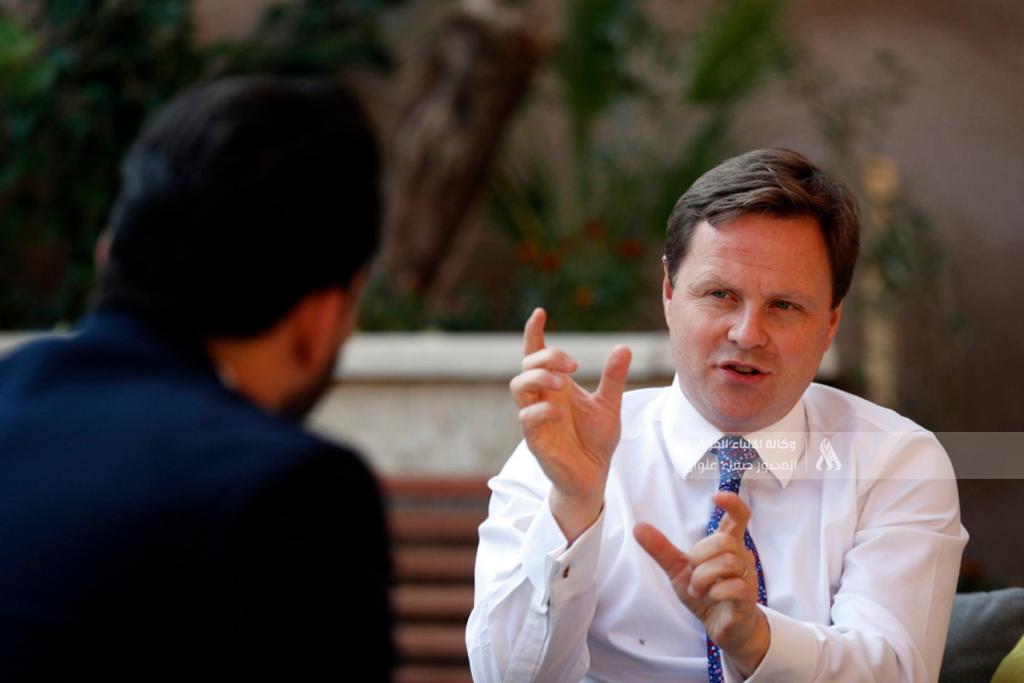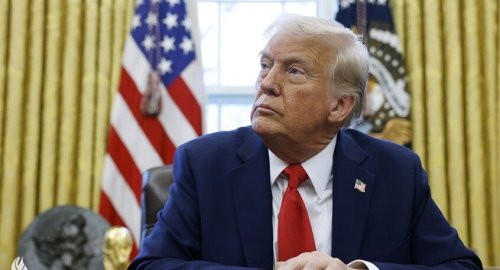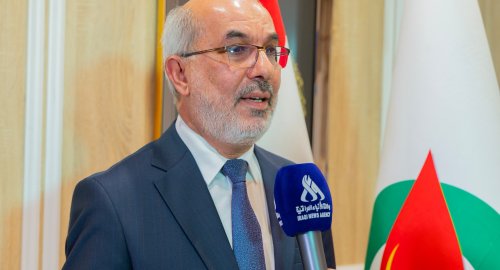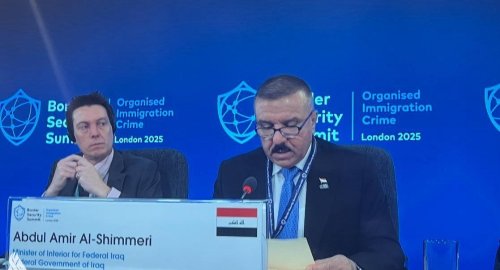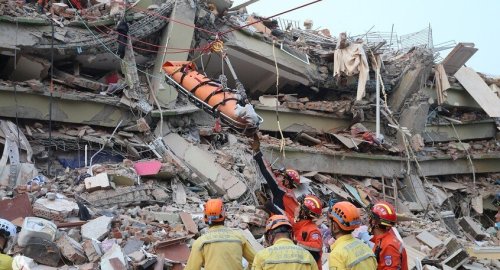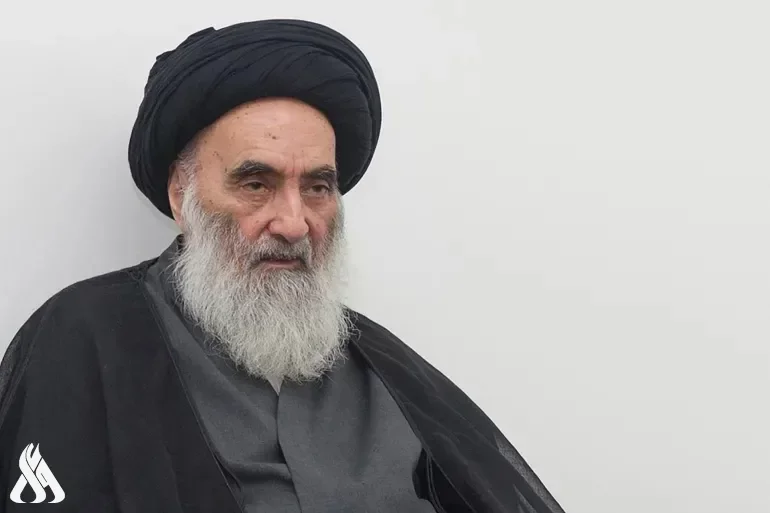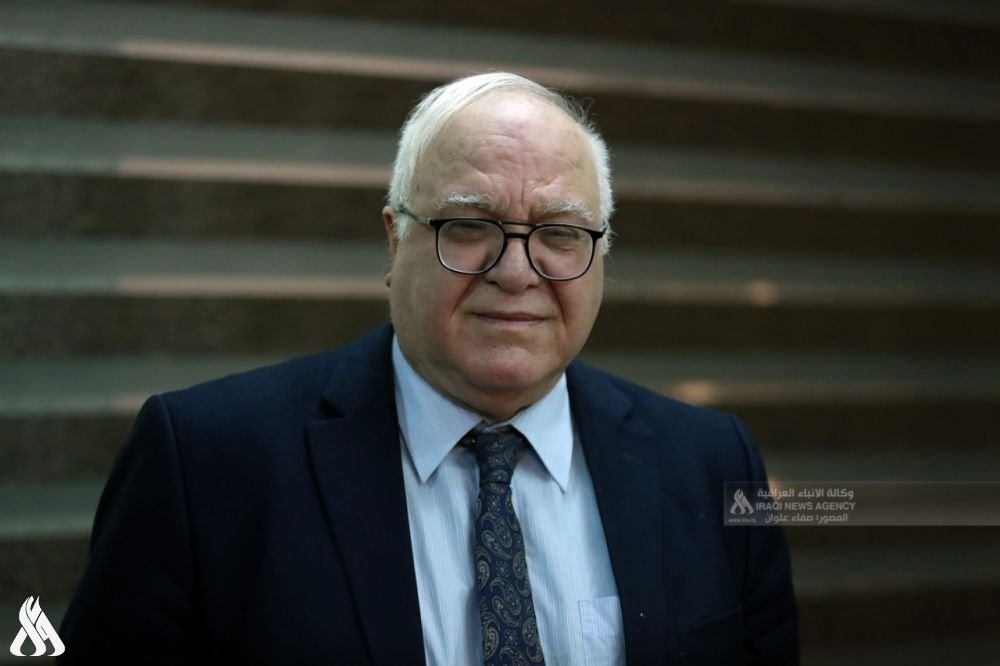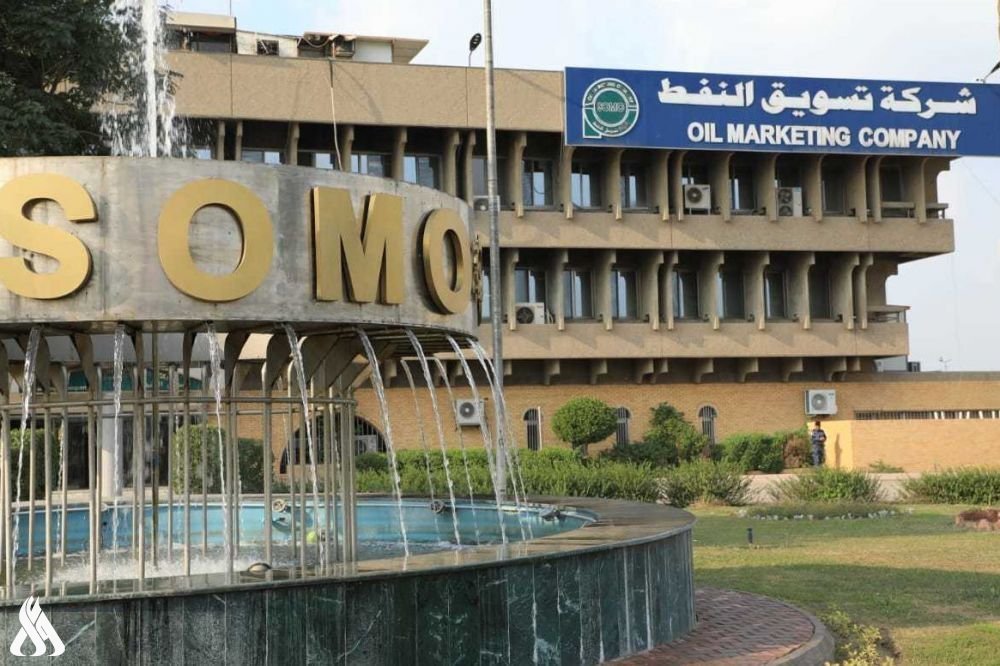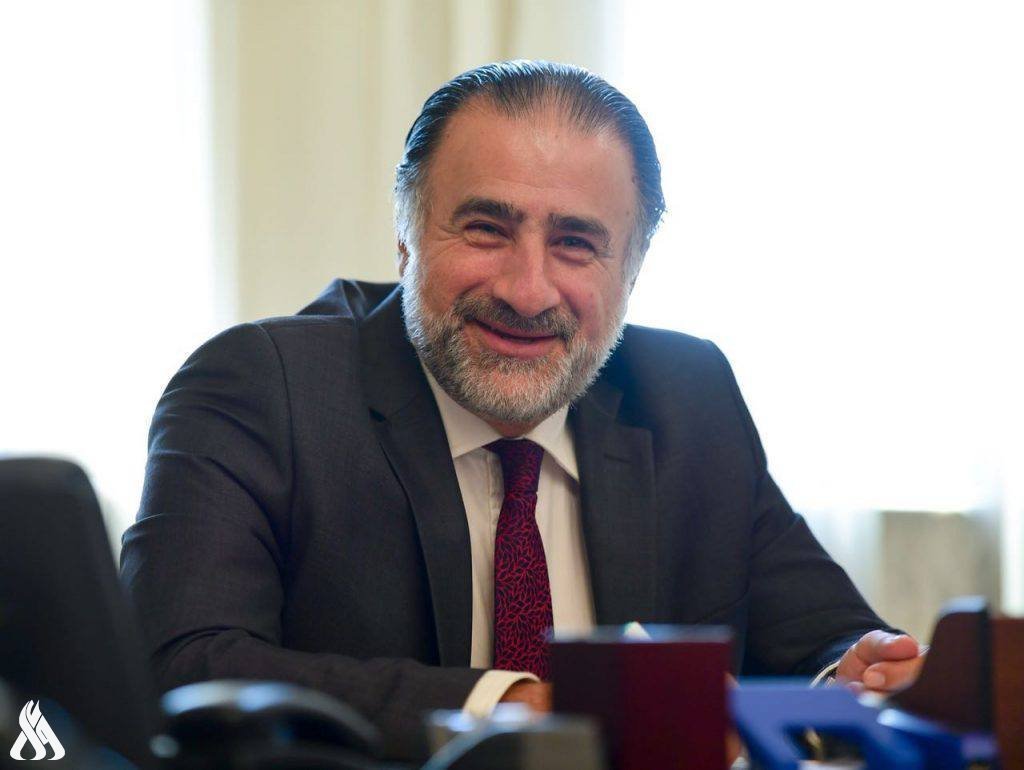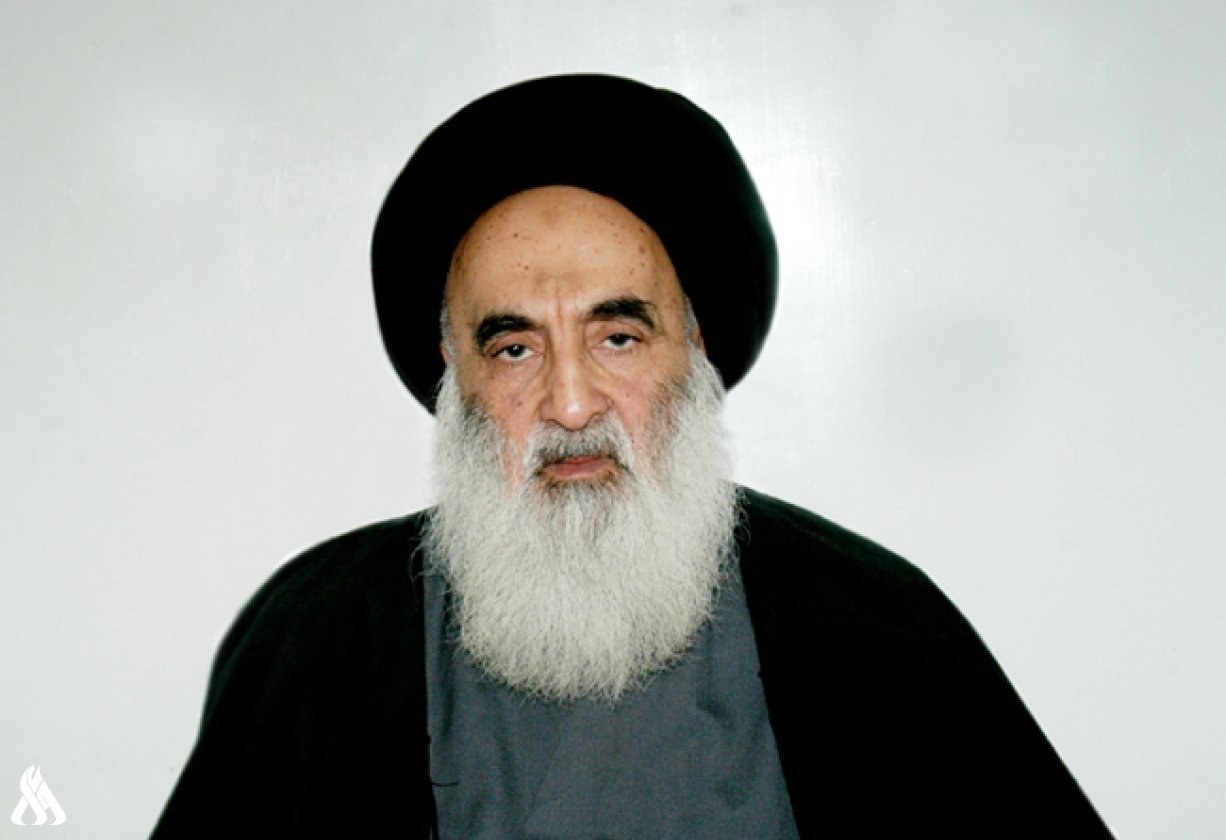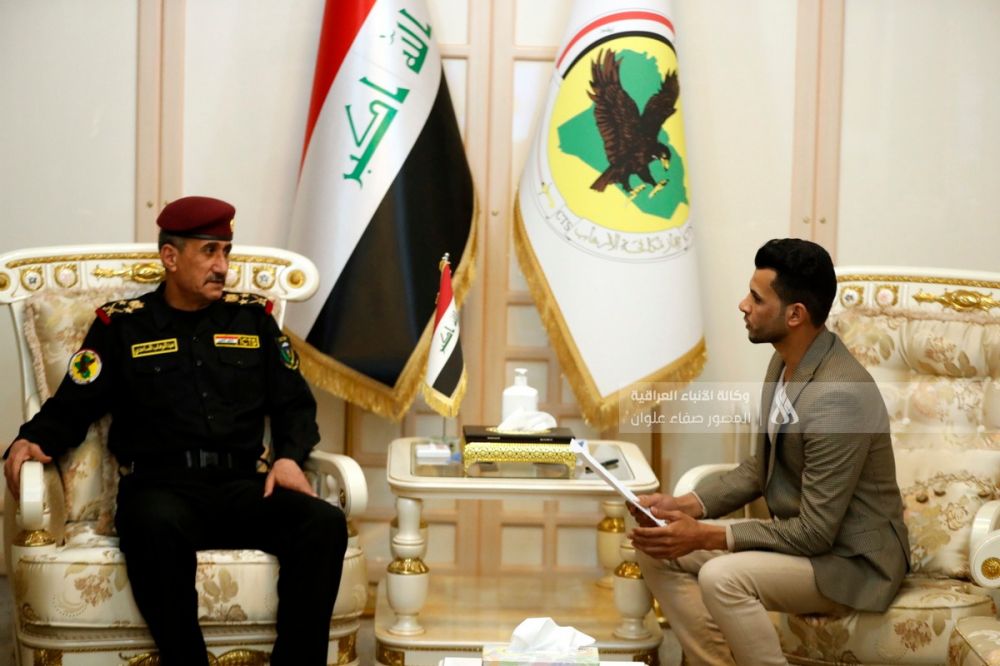
Al-Saedy: The process of eliminating the remnants of ISIS has become easy

- 5-01-2021, 14:08
Baghdad - INA
Photo by Safaa Alwan
The head of the Counter-Terrorism Service, Lieutenant General Abdel-Wahab Al-Saadi, announced the preparation of a five-year strategy with various axes, while reducing the role of ISIS remnants and the possibility of striking security stability, revealed the agency's role in the Anti-Corruption Committee.
Al-Saedy said in an interview with the Iraqi News Agency (INA), today, Tuesday, that "the tour that the Prime Minister conducted, accompanied by the Ministers of Culture and Sports and the Head of the Counter-Terrorism Service, in a number of Baghdad areas without security protections is a message to all Iraqis of the stability of the security situation in the country." And he indicated that "the process of eliminating the remnants of ISIS has become easy, and the influence of terrorist gangs is very limited, especially since they are present in some areas outside cities, stressing that the Counter-Terrorism Service carried out a specific duty in coordination with other types of security forces that resulted in the killing of more than 50 terrorists affiliated with the so-called Tigris state “Wilayat Dijlah” in the regions of Badush and Ain Al-Jahsh.

He explained that "the Counter-Terrorism Service has prepared a five-year strategy in light of experiences and the experiences it has over the past period," indicating that the strategy focused on two main points, the first being prevention, which includes military operations, and the second prevention, which is protecting society from terrorism and extremist thought.
Al-Saedy added that "the prepared strategy includes the distribution of responsibilities between ministries and departments, stressing work to organize a discussion seminar in the presence of the parties concerned with the implementation of the prepared strategy."
He pointed out that the prepared strategy also touched upon the waves of terrorism that were divided according to the four official terminology, the first being light and falling on the responsibility of the Counter-Terrorism Service, and the medium wave in which the Counter-Terrorism Service participates with other security services from the Intelligence Agency and the Intelligence Service, and the large wave such as the entry of terrorist groups into the cities have the participation of the Ministry of Defense, in addition to the Counter-Terrorism Service and the security services, whether the wave, as happened in 2014, is called Al-Ateya, which requires the intervention of the international coalition.

Al-Saedy also pointed out that "the Counter-Terrorism Service is deployed in all regions of Iraq, and has coordination with all security agencies, including the Kurdistan region, indicating that" the greatest effort of the agency is concentrated in the areas south of Baghdad and its north up to the western regions.
In addition to that Al-Saedy said, "The Counter-Terrorism Service has an integrated database of ISIS terrorist leaders inside and outside Iraq in coordination with the intelligence service in the process of exchanging information." He stressed that "the operation of targeting diplomatic missions is out of law, and it has been condemned by everyone," expressing his "hope that it will not be repeated because of its negative impact on the security situation and Iraq's reputation internationally."
He indicated that “securing the areas from which missiles are launched around the Green Zone and the missions is one of the duties of some security agencies,” affirming that there are ways to address these operations. In light of the judicial notes and the handover of the wanted to the judiciary, indicating that "the executed operations range from 4 to 5 operations against persons accused of corruption."

He continued, "The Counter-Terrorism Service is linked to the Commander-in-Chief of the Armed Forces and carries out orders issued by him.
He explained that "security committees have been formed to secure early elections scheduled to take place on the sixth of next June," noting that a security plan has been drawn up with the participation of all security agencies to provide protection for electoral centers, and that the Counter-Terrorism Service is fully prepared for any mandate to fully protect the electoral processes.
Al-Saedy revealed a new batch of those whose contracts had been canceled, which would return to the Counter-Terrorism Service after the House of Representatives voted on the 2021 budget.
Trump prepares to unveil a massive slate of import taxes
- International
- 09:35
- Economy
- 06:23
Myanmar powerful earthquake death toll reaches 2000
- International
- 04:14
Al-Sistani: Tomorrow, the 29th of Ramadan
- Local
- 25/03/29
SOMO: Iraq has the fourth-largest proven oil reserves in the world
- Economy
- 25/03/26
